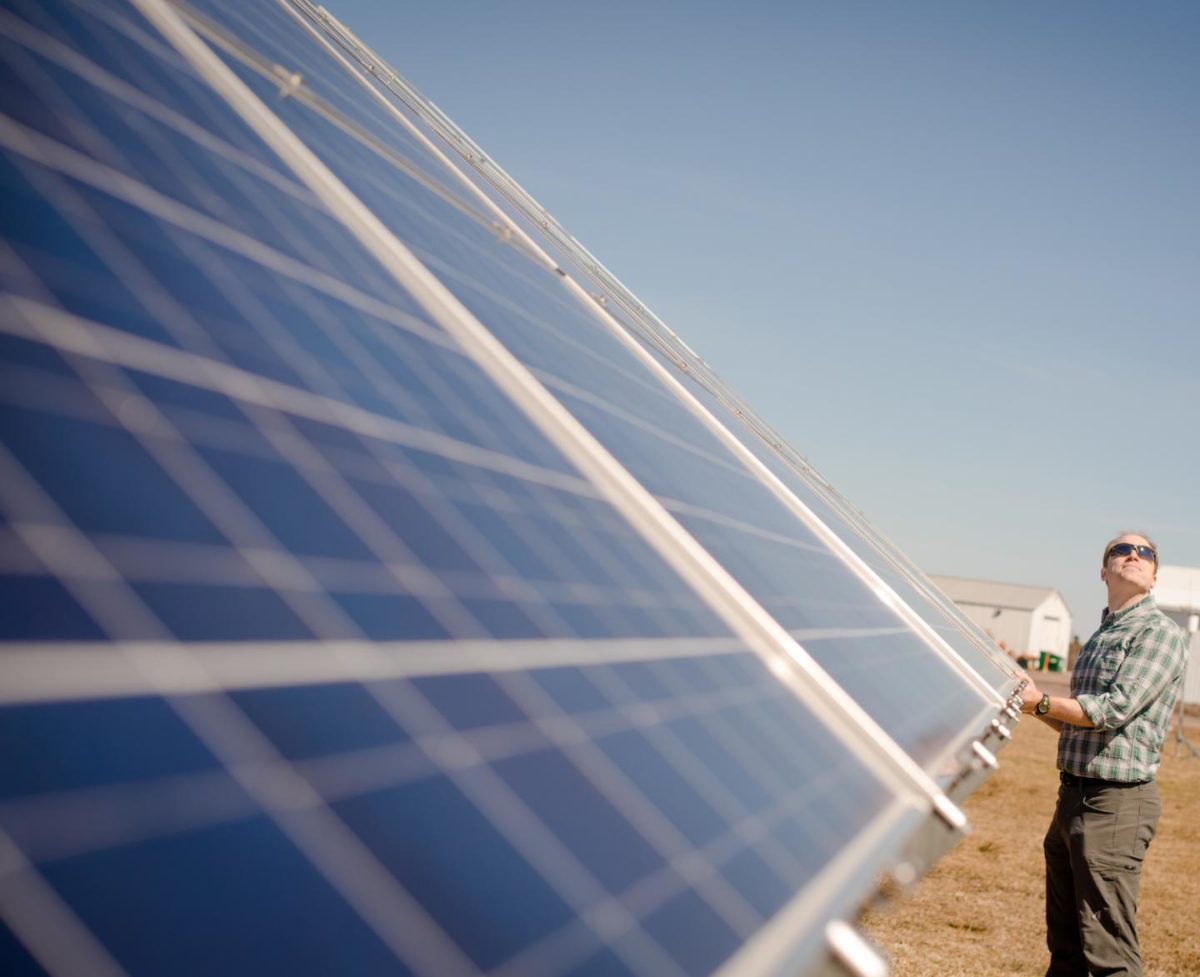One of the most common arguments against supporting PV and other renewables through public incentives is that those power consumers that do not install a clean energy power generator are the most affected, as they have to bear the cost of the incentives without enjoying the benefits and financial advantages that the renewable energy systems can ensure. This argument has been used in the past, and often with success, by government, power utilities, and regulators to slow down or stop the advance of PV, especially among homeowners and small and medium-sized businesses.
A research group from Michigan Technological University has now sought to shed light on the true value of solar power generated by net-metered PV systems in the United States, and has found that non-PV consumers enjoy more benefits than commonly thought.
In the study A review of the value of solar methodology with a case study of the U.S. VOS, published in Renewable and Sustainable Energy Reviews, the scientists explained that their value estimations for grid-tied photovoltaic systems have proven that solar panels are beneficial not only for electric utilities but also for electricity consumers. “Anyone who puts up solar is being a great citizen for their neighbors and for their local utility,” research co-author Joshua Pearce said. “Customers with solar distributed generation are making it so utility companies don't have to make as many infrastructure investments while, at the same time, solar shaves down peak demands when electricity is the most expensive.”
The academics explained that utility customers that own a rooftop solar array are under-compensated in most of the states as what they called the “value of solar” eclipses the net metering tariffs paid by the utilities. The U.S. group developed a model that takes into account realistic costs and liabilities utility companies can avoid with an increasing share of rooftop PV capacity.
The model considers the following variables: Avoided operation and maintenance costs; avoided fuel; avoided generation capacity; avoided reserve capacity; avoided grid capacity; and environmental and health liability costs due to fossil fuel power generation.
“It can be concluded that substantial future regulatory reform is needed to ensure that grid-tied solar PV owners are not unjustly subsidizing U.S. electric utilities,” Pearce affirmed. “This study provides greater clarity to decision makers so they see solar PV is truly an economic benefit in the best interest of all utility customers.”
This content is protected by copyright and may not be reused. If you want to cooperate with us and would like to reuse some of our content, please contact: editors@pv-magazine.com.




7 comments
By submitting this form you agree to pv magazine using your data for the purposes of publishing your comment.
Your personal data will only be disclosed or otherwise transmitted to third parties for the purposes of spam filtering or if this is necessary for technical maintenance of the website. Any other transfer to third parties will not take place unless this is justified on the basis of applicable data protection regulations or if pv magazine is legally obliged to do so.
You may revoke this consent at any time with effect for the future, in which case your personal data will be deleted immediately. Otherwise, your data will be deleted if pv magazine has processed your request or the purpose of data storage is fulfilled.
Further information on data privacy can be found in our Data Protection Policy.